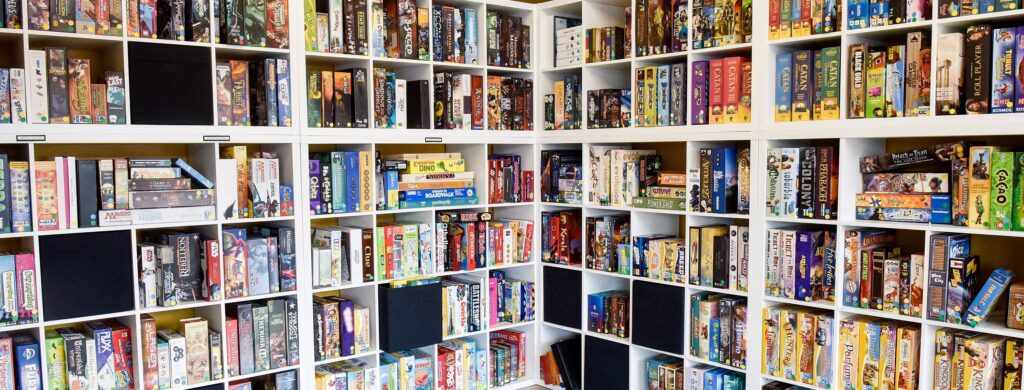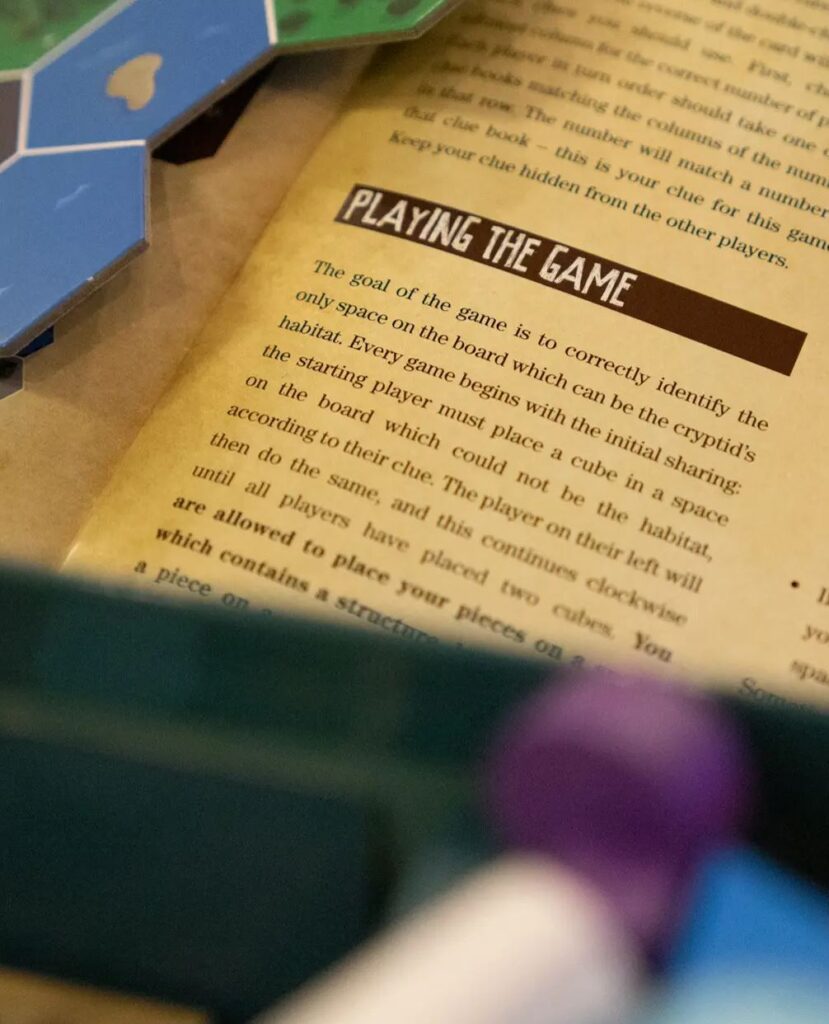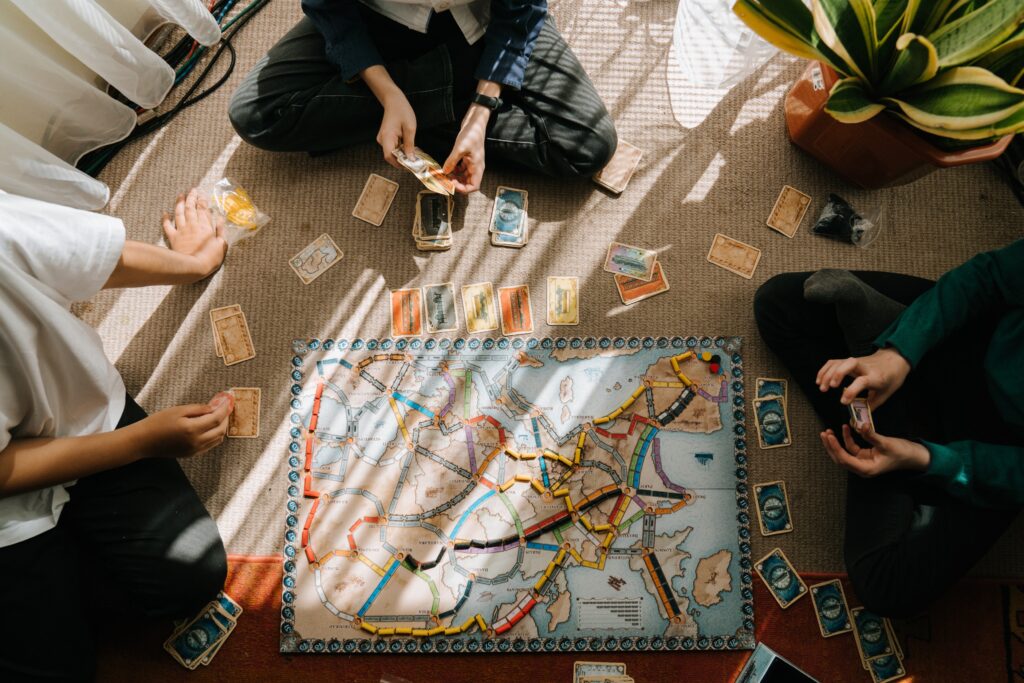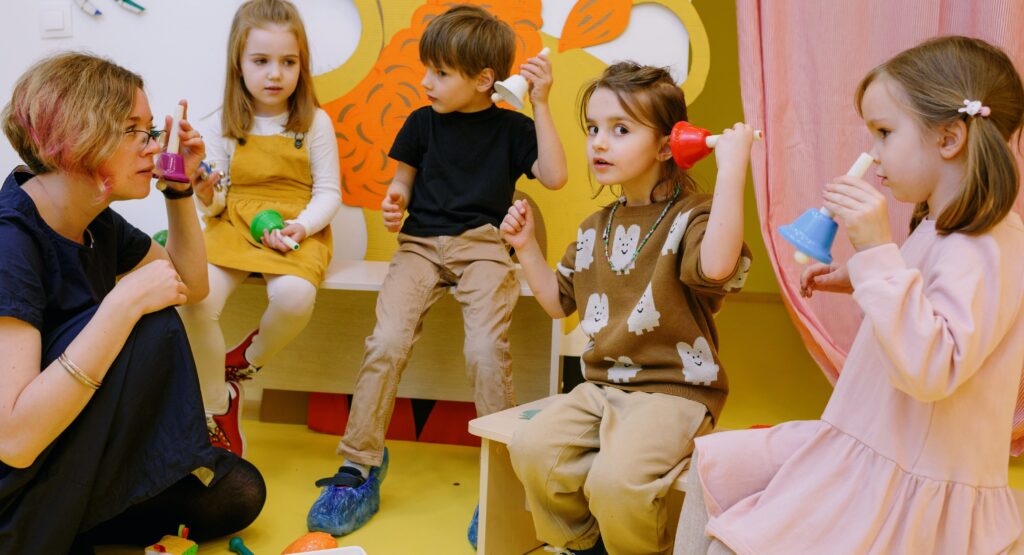By Okan Duru, Ph.D., Founder of Think Smart
Gamification is the new keyword for teaching. These days you may find games teaching math, science, logical thinking, deductive thinking, nature, creativity, history and more. Developers around the world bring new games and game mechanisms to transform learning into a fun activity. Gamification also helps to reduce ‘teaching’ component and encourages self-learning. Although mobile games and video games represent a significant portion of the game market, physical alternatives attract a growing attention as an alternative. In the last 10 years, the number of board games and card games in the market is almost doubled. Apart from traditional publishers, some start-up game projects find funding at Kickstarter platform and gains access to millions of customers.
Board games is a powerful instrument to enrich learning experience. It helps in many ways, and we listed some features of board games here:
Board Games is a way to unplug your family and kids and to promote family time. In a screen-addictive society, finding an alternative and regain the communication may not be easy. Board games help to discard electronic devices and gather friends and family for a fun activity.
Particularly in the first play, kids can be guided to discover the play instructions by themselves and decode the instructions to other players. In other words, it can be used for a self-learning exercise. In Think Smart Learning Centre, we also ask kids at appropriate age to discover the game instructions by themselves as a learning to learn activity.
Board games teach many academic topics such as math, nature, science and so on. For example, Valence Card Game teaches chemistry, the result of acid-base mixture (water and salt would be generated) and chemical properties of many molecules. Herbaceous teaches about different kinds of herbs. Peptide teaches about protein building.
Board games promote family time.

There are plenty of board games fall into deductive genre where players need to use their deductive thinking skills. Clue is the most popular deductive thinking game, and players need to discard infeasible options by asking strategic questions and finally find the details of a crime scene.
Board games show how to be a good loser in a safe and healthy competition. It helps them to lose time to time and learn coping with the lost. Losing in real life can be devastating, but a board game is a simulation to lose safely and develop resilience. Games help children learn from failure.
Board games help to learn problem solving skills. Each game has its unique problem set, and players are expected to tackle with problems and find solutions to advance and get victory.

Board games also help reducing anxiety, encourage communication and strengthens the bond between family members and friends.
There are many board games which requires a teamwork called cooperative game genre. So, not all games are competitive. Cooperative games help to develop team building, teamwork, coordination, and collective achievements. For example, Pandemic is one of the most popular cooperative games, and players need to work together to end a pandemic spread around the world.



